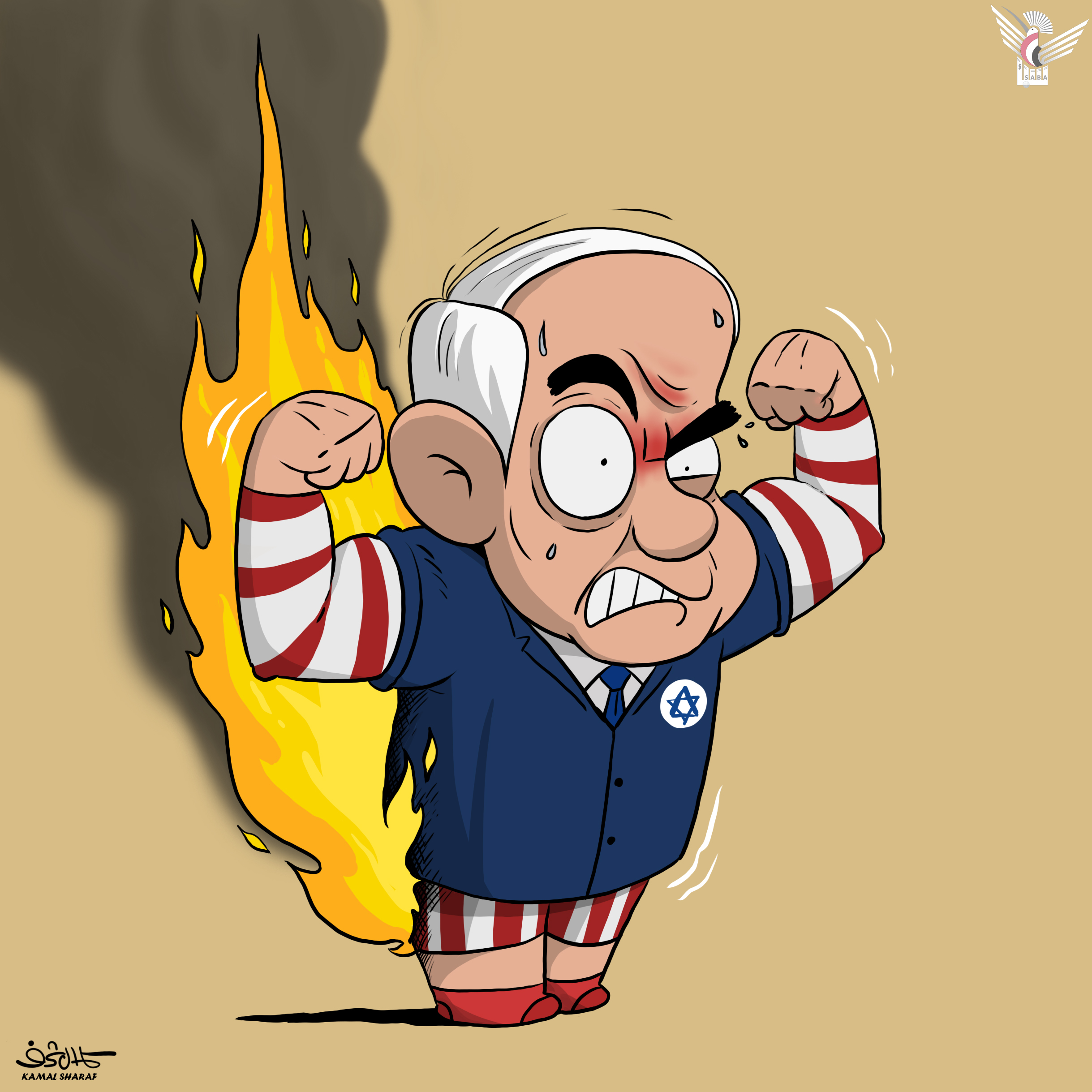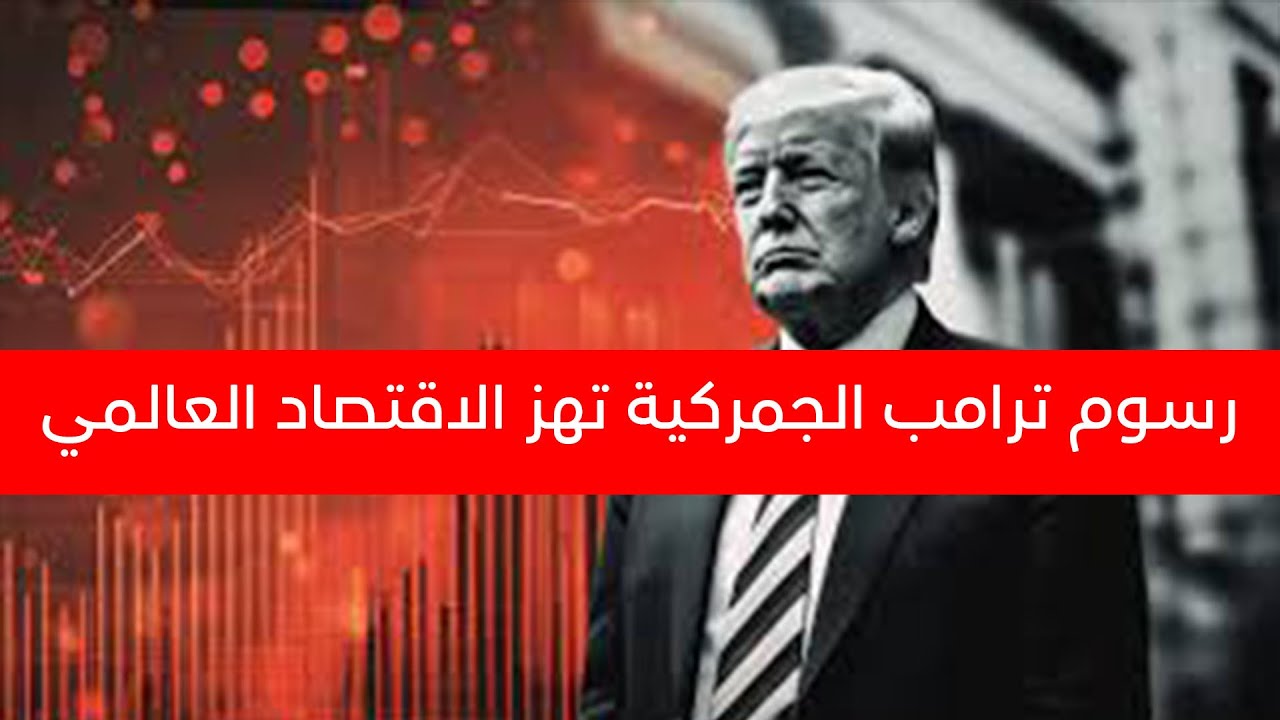Sana'a - Saba:
At a critical moment when global markets are experiencing extreme volatility, amid growing fears of a US economic recession, and mounting international criticism of the US administration's protectionist approach, US President Donald Trump announced on Wednesday a temporary 90-day suspension of the new tariffs recently imposed on a group of US-allied countries, including European and Asian nations.
While this suspension was relatively well-received by markets and some Western capitals, China remained explicitly exempt from this decision and was subjected to an additional increase in tariffs imposed on its exports, reaching 125 percent.
This development appears to come amid the ongoing escalation between Washington and Beijing since the beginning of President Trump's second term, the trade dispute between the two economic powers has been increasingly tense, impacting global supply chains and financial markets.
The US President's decision to suspend tariffs "came at a sensitive time, raising many questions about the reasons behind this sudden shift in US trade policy, while the decision was considered a partial appeasement, data indicates that its reasons go beyond direct economic calculations, reflecting a complex interplay of domestic pressures, international reactions, and negotiation tactics with trade rivals, most notably China," according to experts.
According to Reuters, the previously imposed tariffs led to significant market turmoil, with the Dow Jones Industrial Average experiencing sharp declines, markets also experienced a "sell-off of everything American," a term often repeated during previous financial crises, which raised fears of an impending economic recession.
The agency quoted Italian Economy Minister Giancarlo Giorgetti as saying that G7 finance ministers, excluding the United States, discussed a collective response to the US measures, adding that "the suspension is a positive step that will open the way for constructive dialogue."
American media outlets confirmed that this international pressure likely played a role in the White House's decision to temporarily freeze the tariffs.
The Wall Street Journal reported that by raising tariffs on Chinese imports to 125 percent, the US administration seeks to address what it considers chronic trade imbalances with Beijing, in addition to intellectual property rights violations, it noted that this strategy reflects a trend of exerting maximum pressure on China while de-escalating tensions with other trading partners.
Informed sources also told CNN that growing concern within the Treasury Department about developments in the bond market was a key factor in Trump's decision to suspend the "reciprocal" tariff regime.
According to CNN, the White House experienced another turbulent day on Wednesday, as advisors struggled to keep pace with Trump's decisions, Trump sought to celebrate victory after one of the most dramatic setbacks of his presidency, taking credit for the day's stock market gains without mentioning the record $1 trillion losses over the past week.
Global markets have been reeling from the fallout from Trump's erratic approach to tariffs and the escalating trade war with China, stock markets have also experienced volatility, and a worrying shift has emerged in the bond market.
Earlier this week, as global stock markets tumbled, US Treasury bonds experienced a massive sell-off.
The simultaneous decline in stocks and bonds raised concerns about market volatility, the sell-off was so alarming that it even alarmed the White House.
Observers considered Trump's announcement, known for his political volatility, that he would suspend the long-awaited reciprocal tariffs for three months, a stunning reversal of a plan he had seemed to fully support only a day earlier, this reversal came as his trade representative was testifying on Capitol Hill about the benefits of the tariffs, making him appear unaware of the suspension.
From the above, it is clear that the US decision to impose tariffs stems from a superior perspective and is not based on a true reading of the market and trade situation, once the tariffs triggered an earthquake in markets, including those in the US, the White House's concerns were clear, forcing Trump to suspend the new tariffs. But what next?
M.M

| more of (Reports) |




